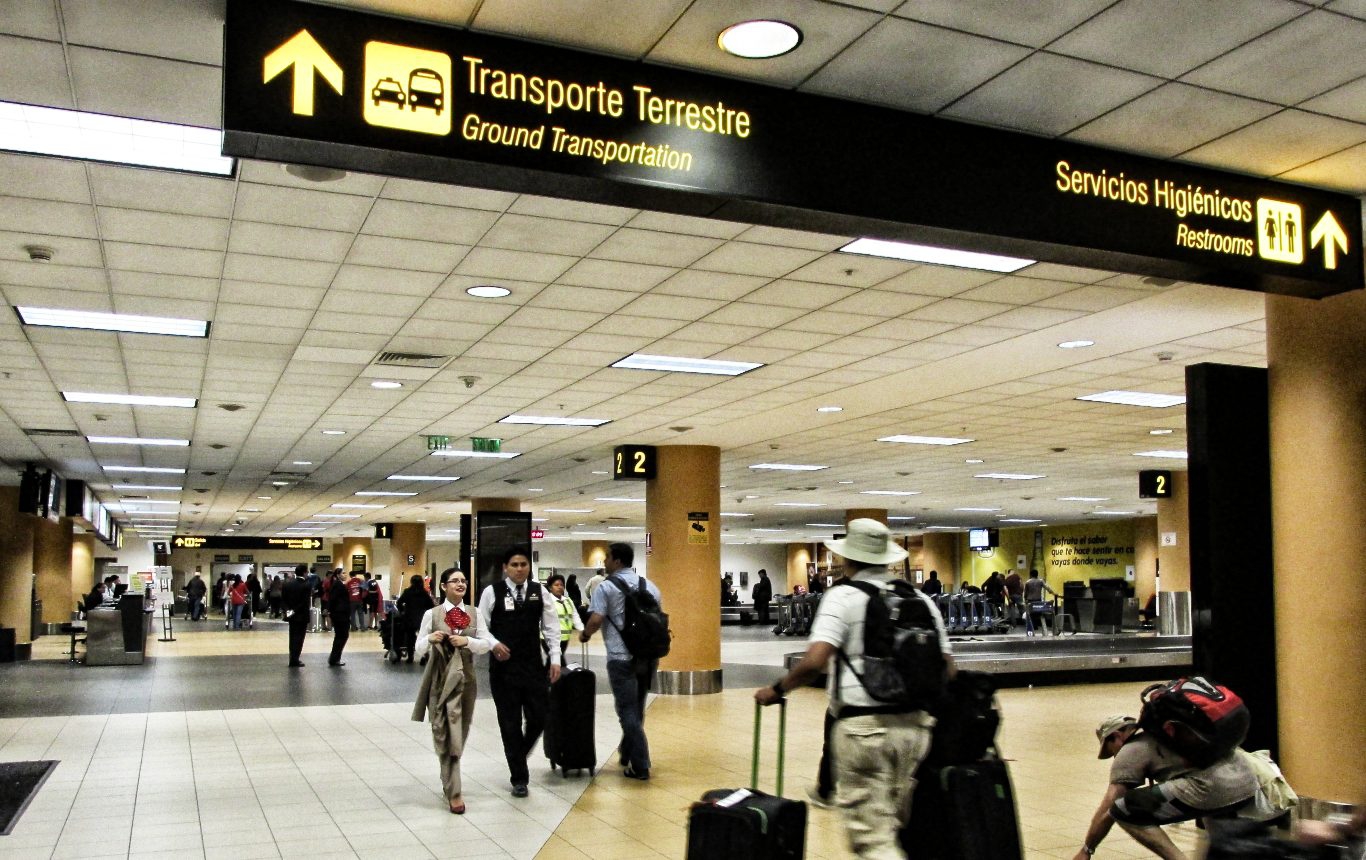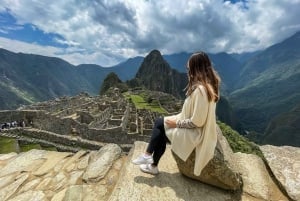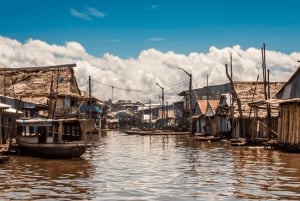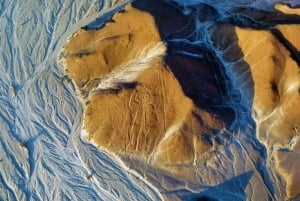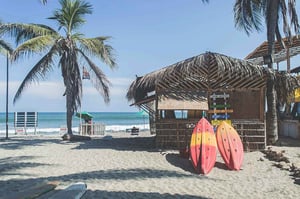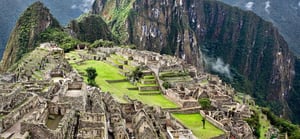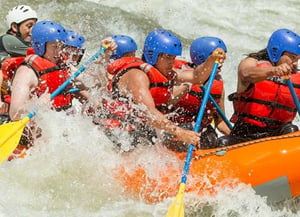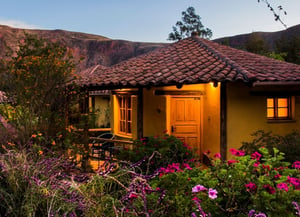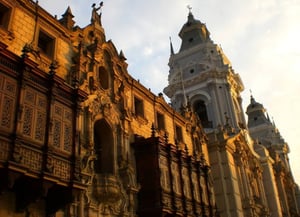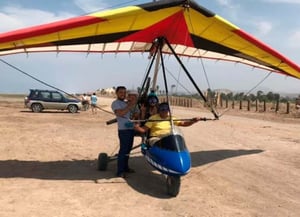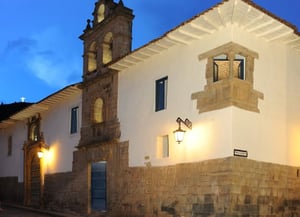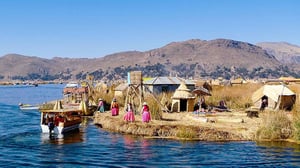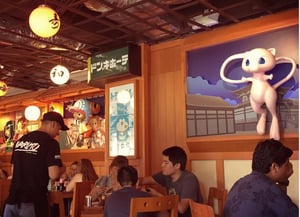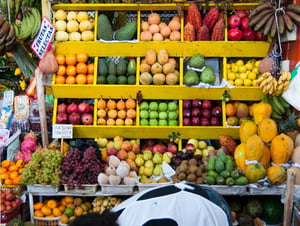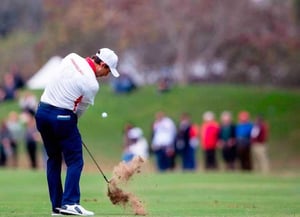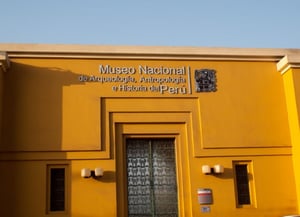Airport transfer in Peru
Main cities in the country have air terminals for domestic flights. In the majority of cases the T.U.U.A. (Airport Use Fee) is included in the airfare but in some cases it must be paid before boarding the flight. An increasing number of airlines are covering domestic routes from different points in the country.
There is a large variety of busses connecting destinations across the country, as more and more cities have their own bus terminals. Road transportation services vary depending on the desired levels of comfort, speed and budget. The main national roads are in very good condition, with a dedicated police force, and fast emergency and assistance services.
Urban transportation
The urban bus, known as "combi", is the main means of transportation in the cities. They have pre-defined routes but there aren't bus stops, so they stop at every corner to let passengers on and off the bus. Bus rides might be a bit uncomfortable and last a long time. Before using them it is advisable to find information about routes.
Taxi cabs in Peru don't have taximeters. If you flag down a taxi in the street you may get a cheaper fare, but your safety will be in danger. It is very important to hire only taxi companies (by phone) or vehicles authorized by the municipality (yellow and with license numbers on both sides of the car); particularly if you are traveling by night.
The Metropolitano and the Lima Metro (light rail) are also available.
- Trains
- Tourist trains cover the following routes:
- Ollantaytambo-Machu Picchu. There are currently two companies that offer this service: Perú Rail and Inca Rail.
- Cusco (Poroy) – Machupicchu (Aguas Calientes). Perú Rail is the sole operator. (The service resumes on 22 July 2013)
- Puno-Cusco. Operated by Peru Rail.
- Lima-Huancayo. Ferrocarril Central Andino operates this route but departures are infrequent and only at certain times of year (July, August, October and November).
- It is important to find out about the condition of the roads. In Peru all the main highways are paved, but several secondary roads are unpaved.
If a traffic officer signals you to stop, you must stop. Traffic officers must be wearing uniform and carry identification (they are required to wear identification cards including their last name on their chest.) Under no circumstances are they allowed to enter the vehicle.
Bear in mind that traffic officers are not allowed retain any personal or vehicle documents. Under no circumstances should you offer or agree to pay money to traffic officers. In case of an accident or collision, call a traffic officer. If your car is a rental, call the representative of the insurance company provided by the rental agency. Do not leave the scene of the accident. Do not stop if unknown people signal you to stop alongside the road. Do not park in dark areas or leave valuable items in sight in your car.


